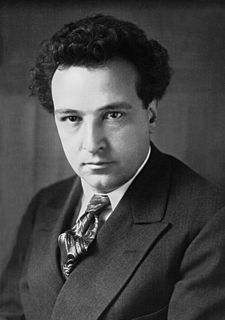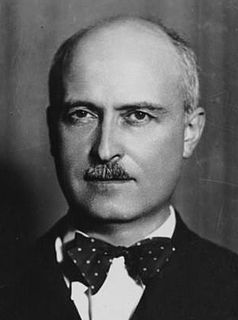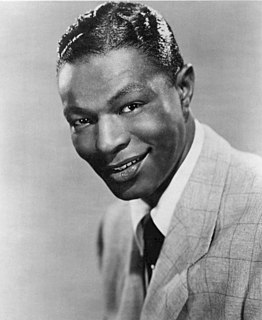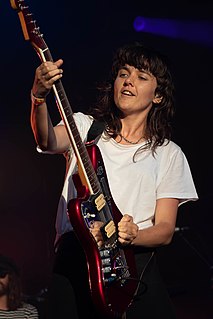A Quote by Arthur Honegger
I dream of a collaboration that will become so complete that, often, the poet will think as musician and the musician as poet, so that the work resulting from this union will not be the random conclusion of a series of approximations and concessions, but the harmonious synthesis of two aspects of the same thought.
Related Quotes
There is this tendency to think that if you could only find the magic way, then you could become a poet. "Tell me how to become a poet. Tell me what to do." . . . What makes you a poet is a gift for language, an ability to see into the heart of things, and an ability to deal with important unconscious material. When all these things come together, you're a poet. But there isn't one little gimmick that makes you a poet. There isn't any formula for it.
What's funny about the slacker thing, people project an image of what they think a musician is: young, slack, unemployed - like a really romantic idea of a poet, writer or musician - which isn't really true a lot of the time. I don't reckon you would know anything about me if I wasn't moderately hard-working.







































